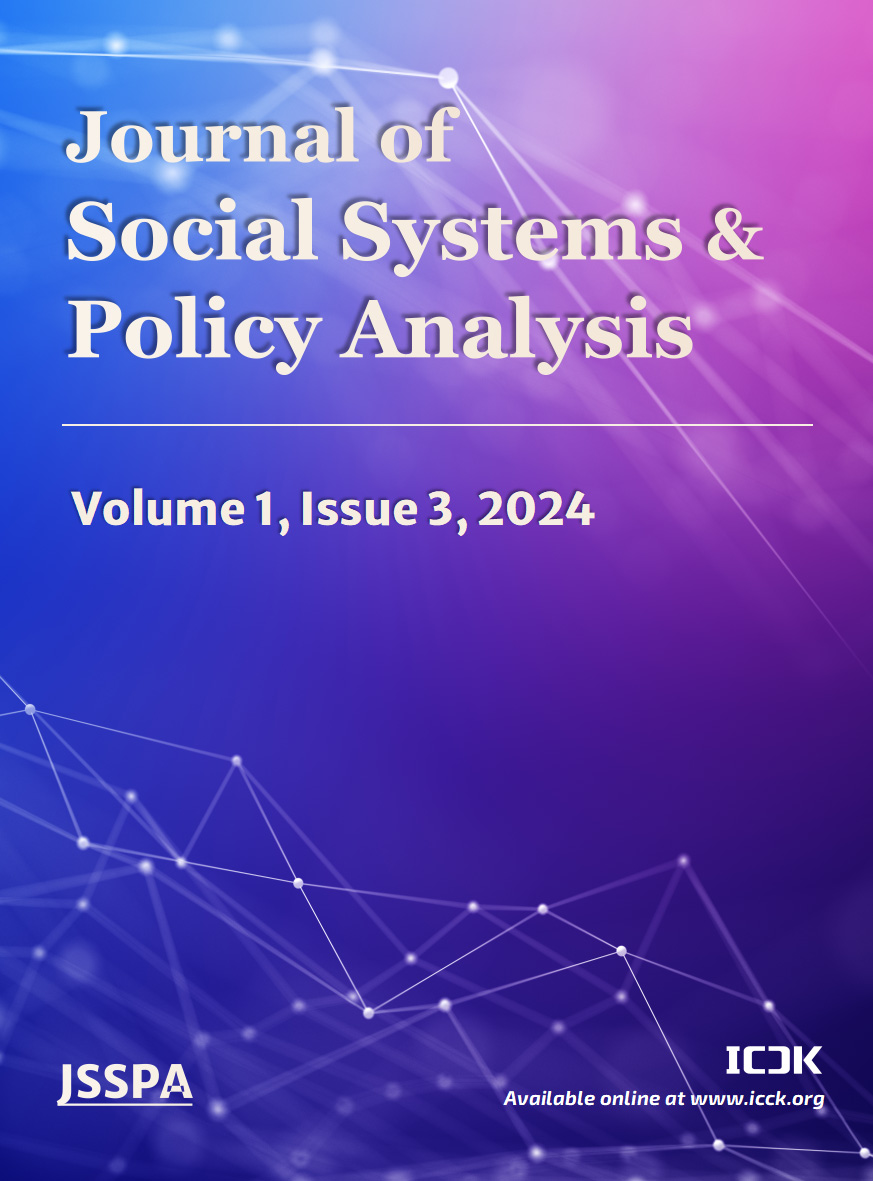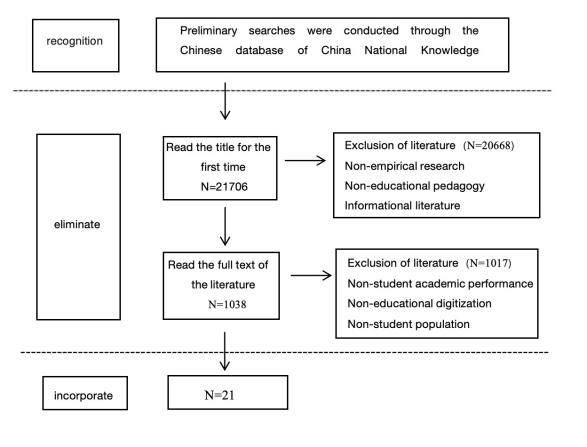Abstract
The breakthrough innovations in the application of digital technologies in education have become increasingly widespread, making educational digital transformation a focal point in the realm of education. Presently, numerous empirical studies have explored the impact of educational digital transformation on students' academic performance, yielding inconsistent findings regarding its effects on learning outcomes and capabilities in students' learning development. To this end, the article employs a meta-analysis approach to systematically review and analyze 21 experimental and quasi-experimental studies within China. The findings reveal a significantly enhanced digital transformation in enhancing students' academic performance.
Keywords
digitization of education
transformation of education through digitization
student learning
academic performance of students
meta-analysis
Data Availability Statement
Data will be made available on request.
Funding
This work was supported without any funding.
Conflicts of Interest
The author declares no conflicts of interest.
Ethical Approval and Consent to Participate
Not applicable.
Cite This Article
APA Style
Lin, J. (2024). Has the Digitization of Education Improved Students’ Academic Performance?–A Meta-Analysis Based on 21 Experimental and Quasi-Experimental Studies. Journal of Social Systems and Policy Analysis, 1(3), 89–99. https://doi.org/10.62762/JSSPA.2024.199620
Publisher's Note
ICCK stays neutral with regard to jurisdictional claims in published maps and institutional affiliations.
Rights and Permissions
Institute of Central Computation and Knowledge (ICCK) or its licensor (e.g. a society or other partner) holds exclusive rights to this article under a publishing agreement with the author(s) or other rightsholder(s); author self-archiving of the accepted manuscript version of this article is solely governed by the terms of such publishing agreement and applicable law.


 Submit Manuscript
Edit a Special Issue
Submit Manuscript
Edit a Special Issue

